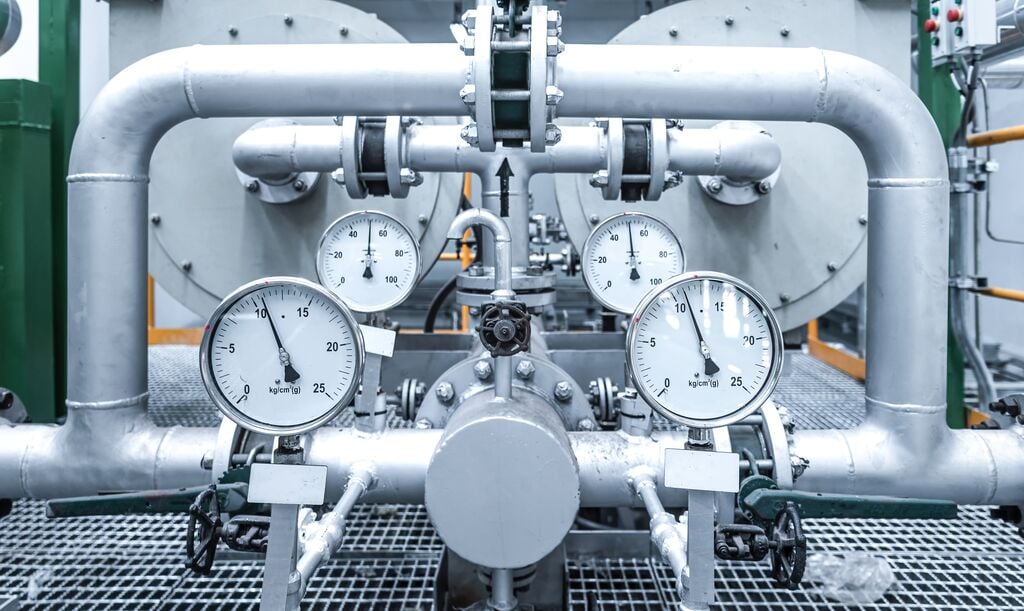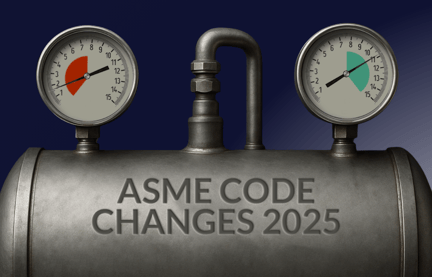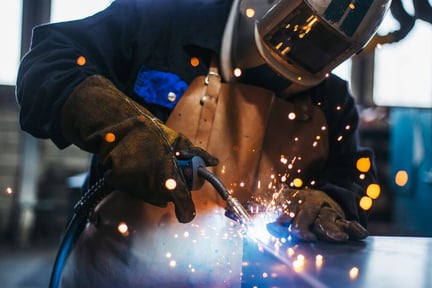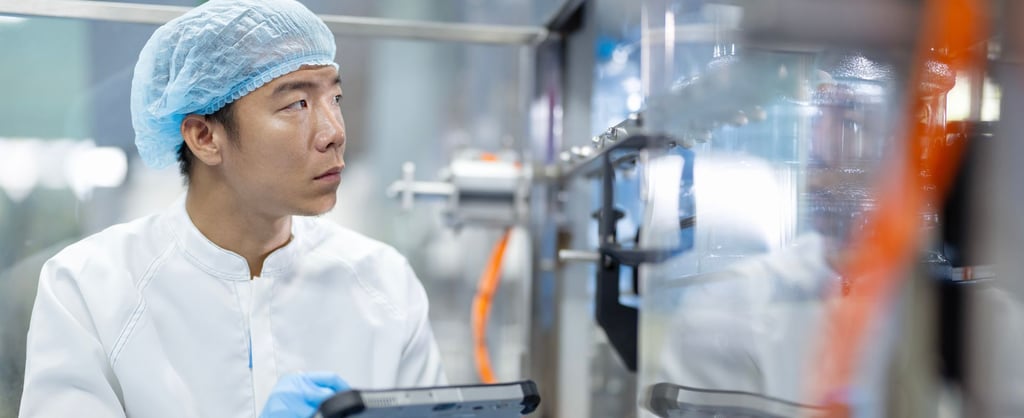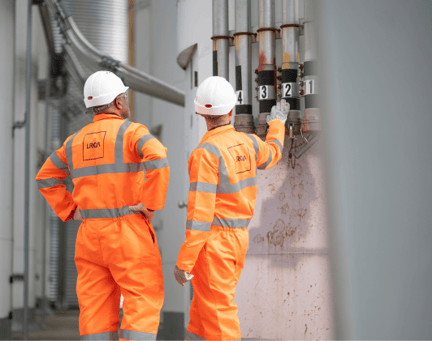The Pressure Equipment Directive (PED) serves as a key component for ensuring the safety and conformity of pressure equipment within the European Union (EU) market.
Compliance with PED regulations is a key aspect of upholding the integrity and safety standards of pressure equipment. However, achieving compliance can be challenging, especially considering the complex nature of PED requirements.
While tools such as LRQA’s PED Category Selector Tool are invaluable in streamlining processes according to PED requirements, it's essential to understand the common non-conformities encountered. Let's explore the top four non-conformities:
- Documentation deficiencies: Documentation plays a pivotal role in PED compliance, providing evidence of conformity assessment procedures, technical specifications, and manufacturing processes. However, inadequate or incomplete documentation remains a prevalent non-conformity. According to data analysis, documentation deficiencies account for approximately 30% of PED non-conformities reported in assessments conducted over the past year. This highlights the critical need for organizations to establish robust documentation processes, ensuring comprehensive records throughout the equipment lifecycle.
- Inadequate risk assessment: Effective risk assessment forms the basis of PED compliance, enabling organizations to identify and mitigate potential hazards associated with pressure equipment. However, inadequate risk assessment practices contribute significantly to non-conformities. Statistics reveal that approximately 25% of PED non-conformities stem from deficiencies in risk assessment methodologies. Addressing this issue necessitates the implementation of thorough risk assessment protocols, encompassing all stages from design to operation.
- Material selection and traceability: The selection and traceability of materials used in pressure equipment construction are vital for ensuring integrity and safety. Non-conformities related to material selection and traceability represent a substantial proportion of PED assessments, constituting approximately 20% of reported issues. These non-conformities often arise due to divergences between specified material requirements and actual usage, underscoring the importance of rigorous material control measures and traceability documentation.
- Compliance with Essential Safety Requirements (ESRs): PED mandates adherence to Essential Safety Requirements (ESRs) encompassing design, manufacturing, and operational aspects of pressure equipment. Non-conformities concerning ESR compliance are frequently encountered during PED assessments, comprising around 15% of reported divergences. Ensuring alignment with ESRs demands precise attention to detail across all stages of equipment development and operation, emphasising the need for comprehensive conformity assessment procedures.
Organizations must prioritise proactive measures to enhance PED compliance and mitigate associated risks. LRQA's PED Category Selector Tool emerges as a valuable resource in this regard, offering a systematic approach to categorising pressure equipment and aligning with PED requirements effectively.
By leveraging the PED Category Selector Tool, organizations can benefit from:
-
Simplified compliance: The tool facilitates accurate categorisation of pressure equipment, streamlining the compliance process and reducing the likelihood of non-conformities.
-
Enhanced efficiency: By automating categorisation procedures, the tool enables organizations to optimise resource allocation and minimise compliance-related delays.
-
Risk mitigation: Through systematic categorization and alignment with PED requirements, the tool aids in identifying potential compliance gaps and proactively addressing them to mitigate risks effectively.
-
Expert guidance: LRQA's expertise ensures that organizations receive comprehensive support and guidance throughout the PED compliance journey, fostering confidence and trust in conformity assessment processes.
Understanding and addressing the top non-conformities in PED assessments are crucial for upholding safety standards and regulatory compliance. By embracing tools such as the PED Category Selector Tool and leveraging expertise, organizations can navigate the complexities of PED compliance with confidence and ensure the integrity and safety of pressure equipment in the EU market.
Getting started
LRQA brings decades of expertise in inspection, certification, and risk management, ensuring organizations maintain compliance and safety standards. Our tailored services provide the guidance and assurance you need to manage the complexities of Pressure Equipment Directive (PED) regulations effectively.
For more information on how LRQA can support your pressure equipment compliance needs, click here or contact our experts today.
